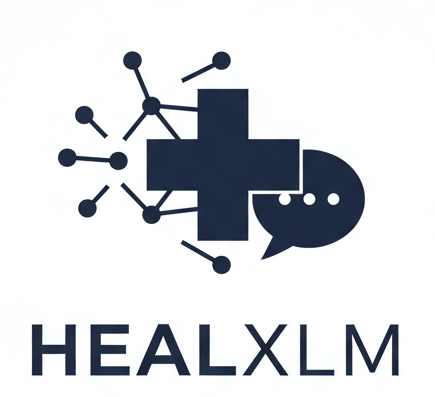In recent years, the rapid advancements in xLMs have opened new possibilities across various industries, and healthcare is no exception. Organising a workshop on xLMs for healthcare is driven by several key motivations, specifically driven by the necessity to address critical challenges in healthcare with innovative solutions that can transform patient care and medical research.
One of the primary motivations is the potential for xLMs to enhance clinical decision support systems. With their ability to process vast amounts of medical literature, patient records, and multimodal clinical data, these models own the potential to support healthcare professionals, providing insights that improve diagnoses, treatment planning, and patient management. However, their effective integration into clinical practice requires careful evaluation for the solution to be trustworthy, making a dedicated workshop essential for discussing best practices, ethical considerations, and real-world implementation strategies. Another motivation behind this workshop is the opportunity to improve patient engagement and accessibility to healthcare. xLM-driven chatbots and virtual assistants can bridge gaps in communication, offering personalised health advice and answering patient queries, thus being a crucial component in telemedicine for supporting home-care delivery. The workshop would provide a platform for stakeholders–researchers, clinicians, and industry experts–to explore how these technologies can be designed responsibly, ensuring accuracy and safety. Finally, data privacy and bias mitigation are also central concerns that necessitate discussion. Given the sensitivity of medical data, deploying xLMs in healthcare requires robust frameworks for ensuring patient confidentiality and minimising algorithmic bias. The workshop would facilitate knowledge exchange on regulatory compliance, as well as fairness in AI-driven healthcare tools.
Accordingly, the event is meant to catalyse interdisciplinary collaboration. Healthcare professionals, AI researchers, policymakers, and industry leaders often operate in separate silos. Bringing them together in a focused workshop fosters dialogue, encourages partnerships, and accelerates the development of innovative solutions tailored to real-world healthcare needs.
 In conjunction with the 23rd International Conference of Artificial Intelligence in Medicine (
In conjunction with the 23rd International Conference of Artificial Intelligence in Medicine (